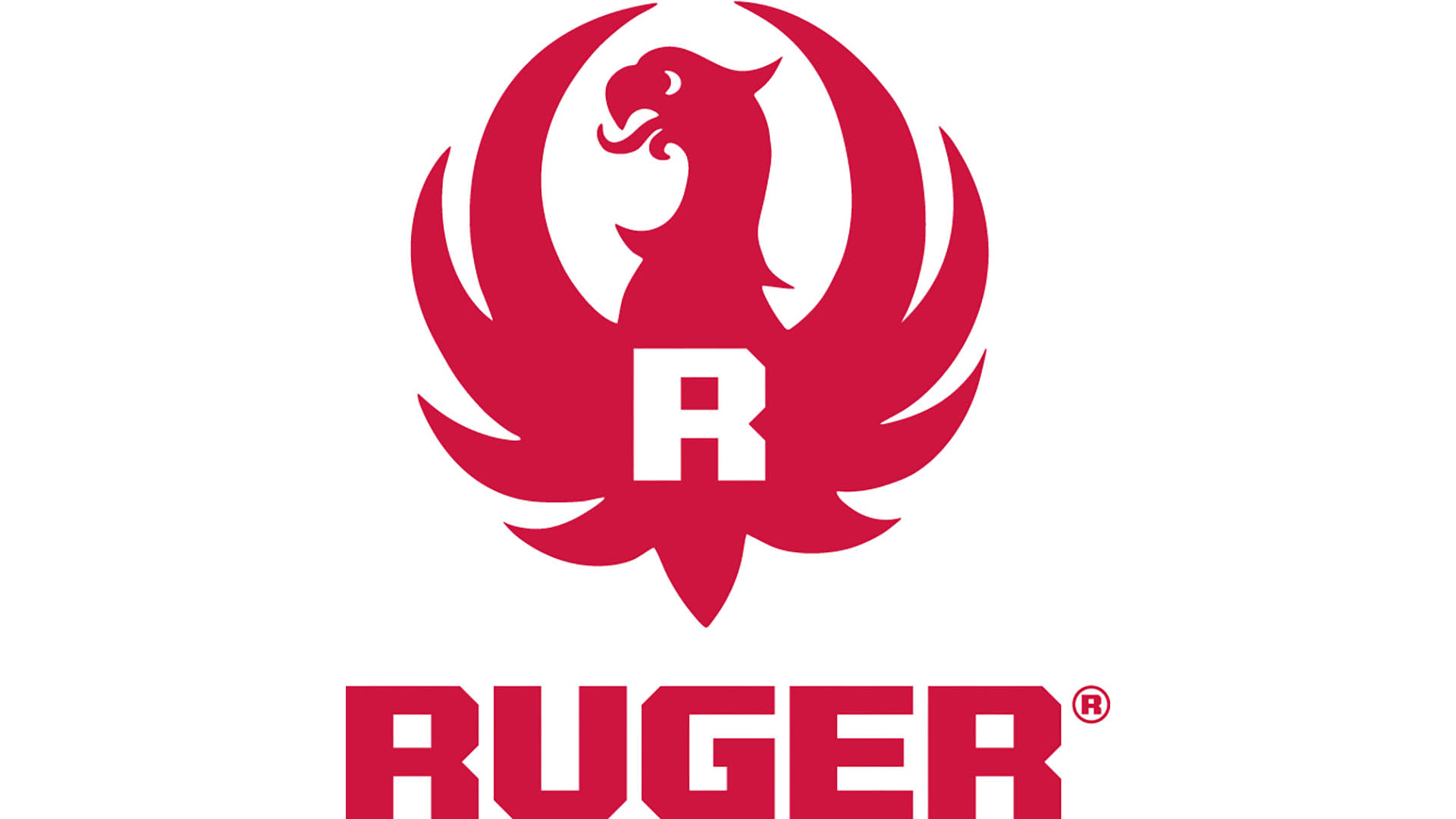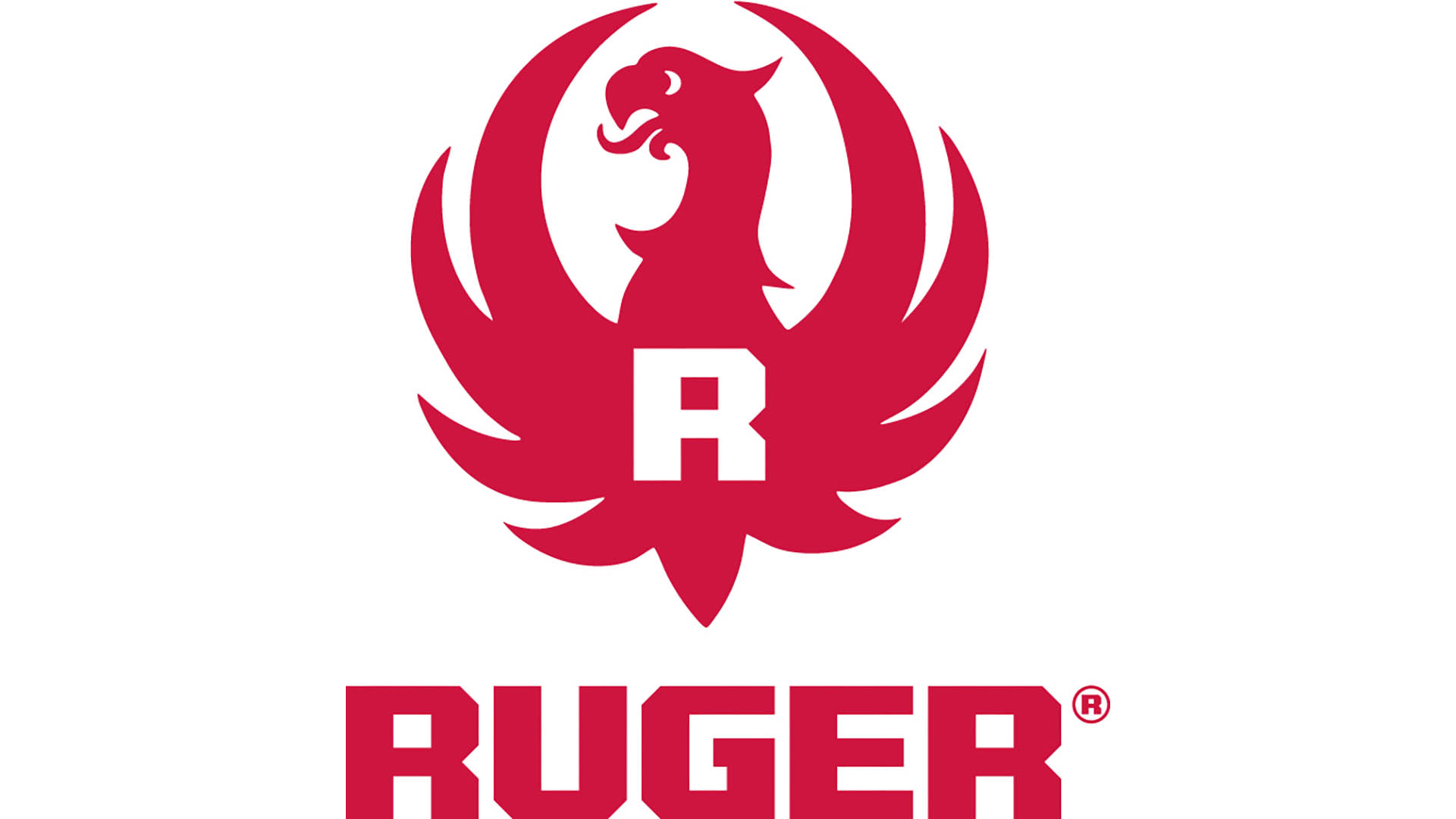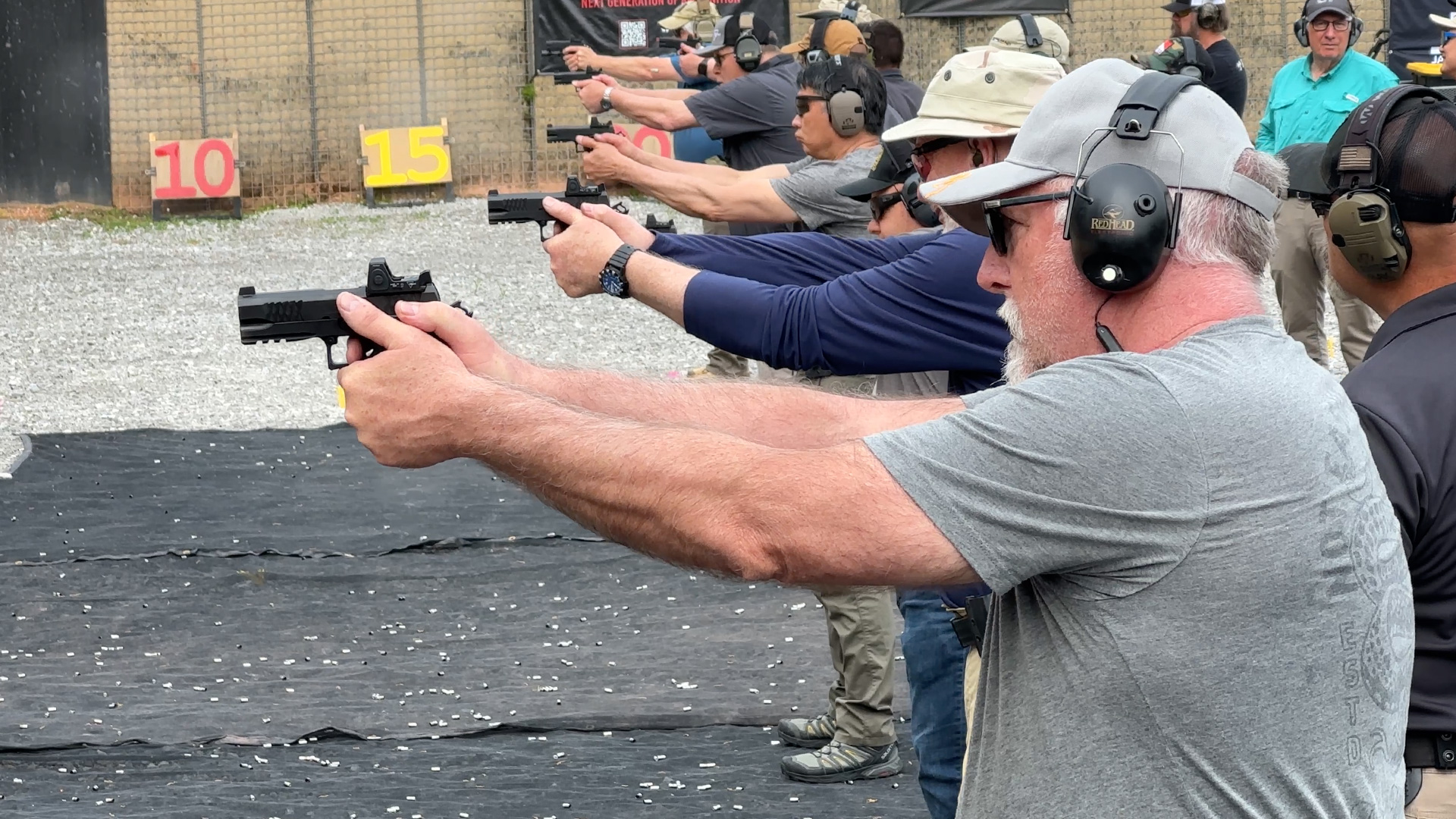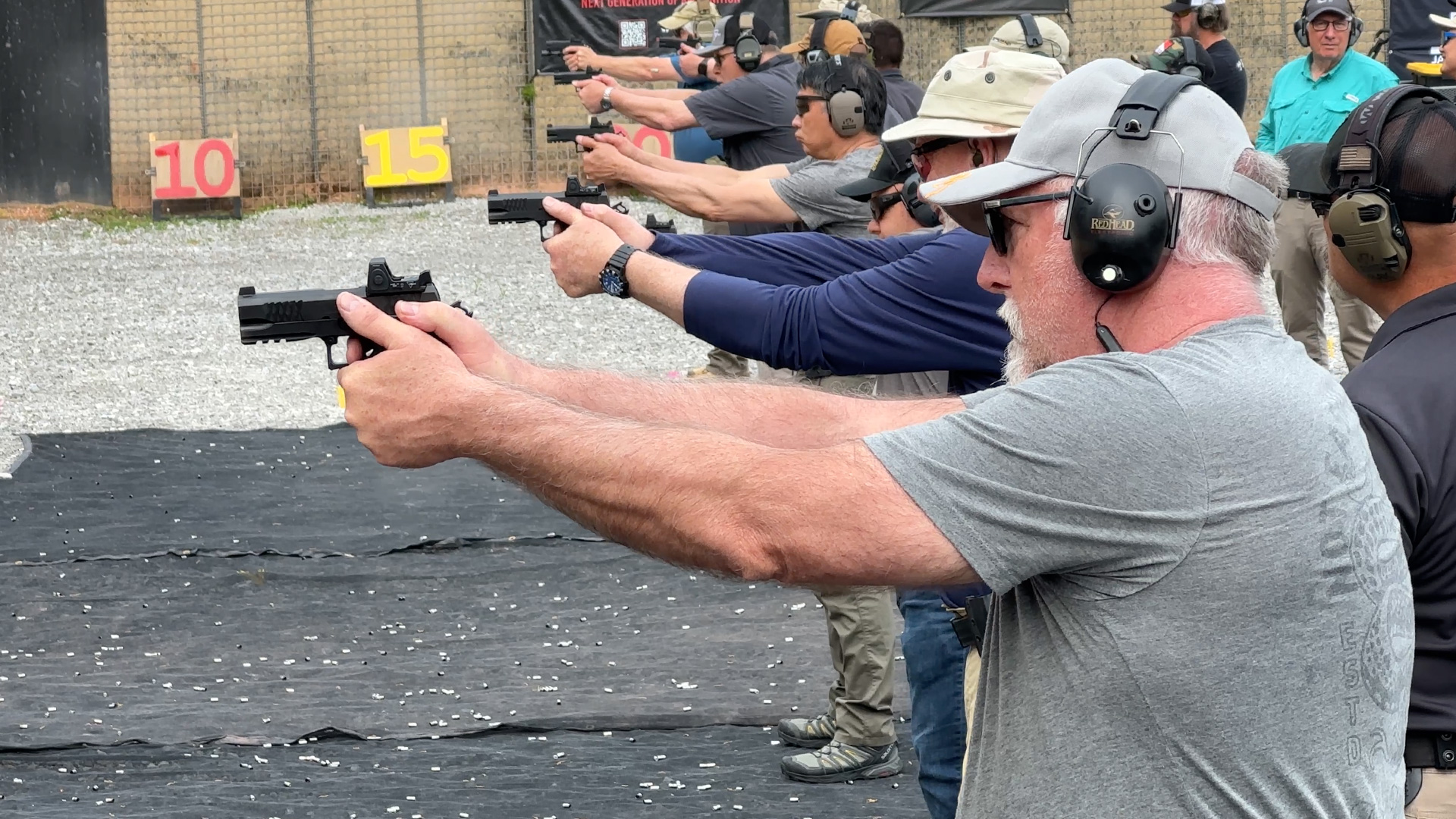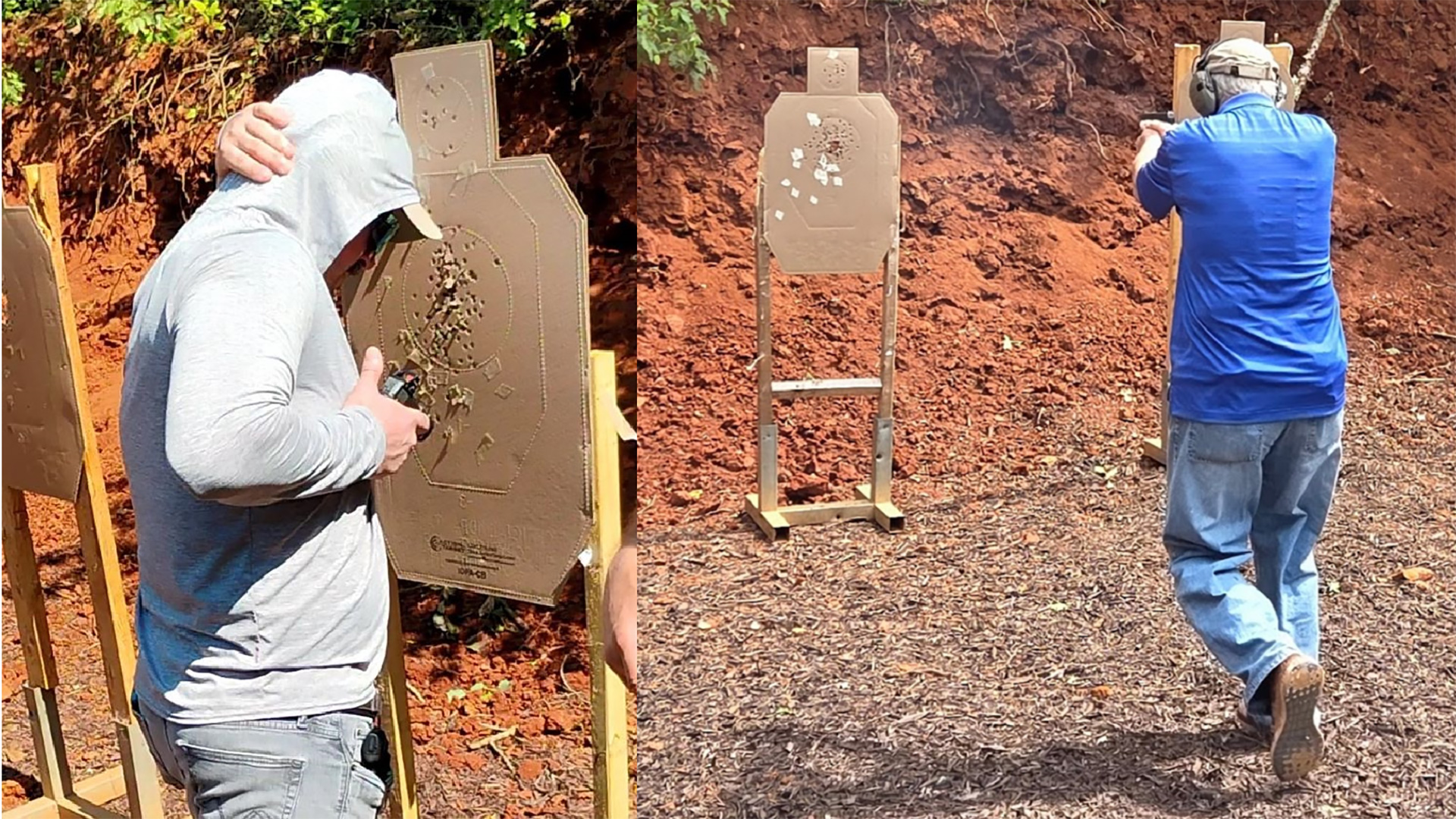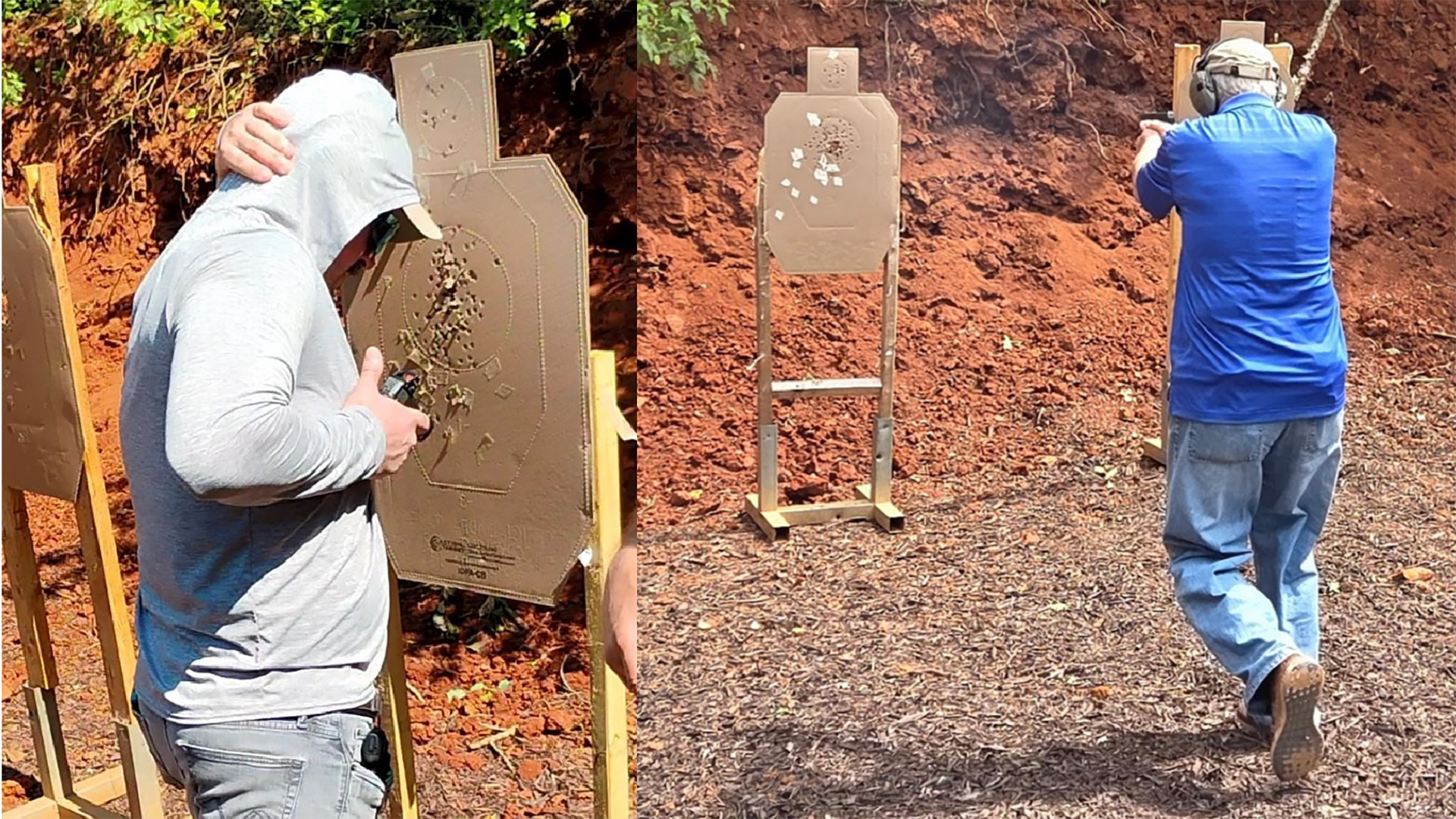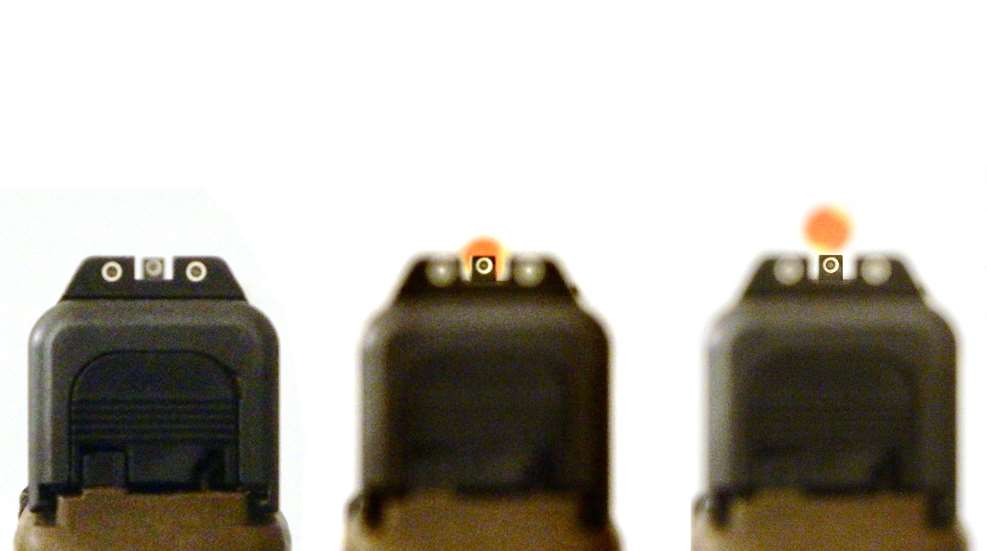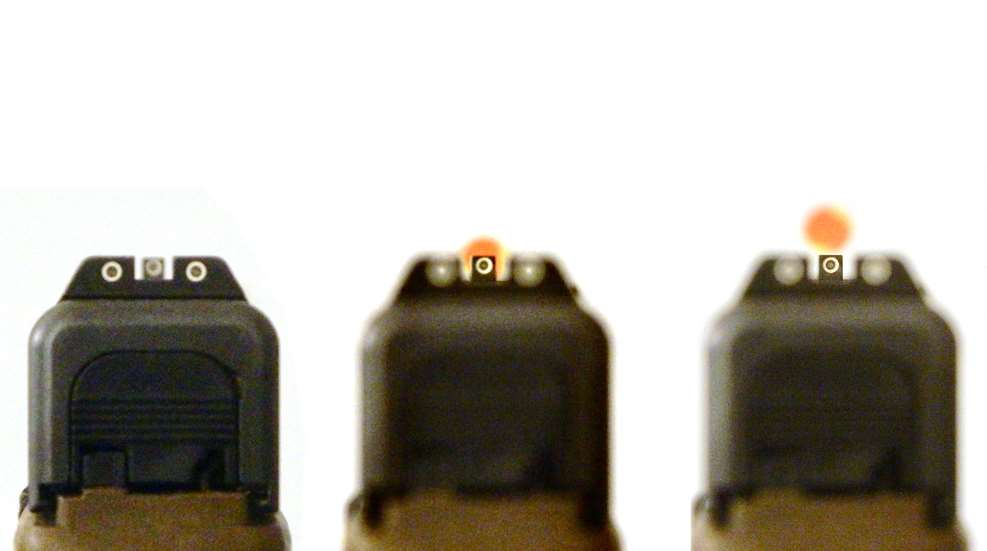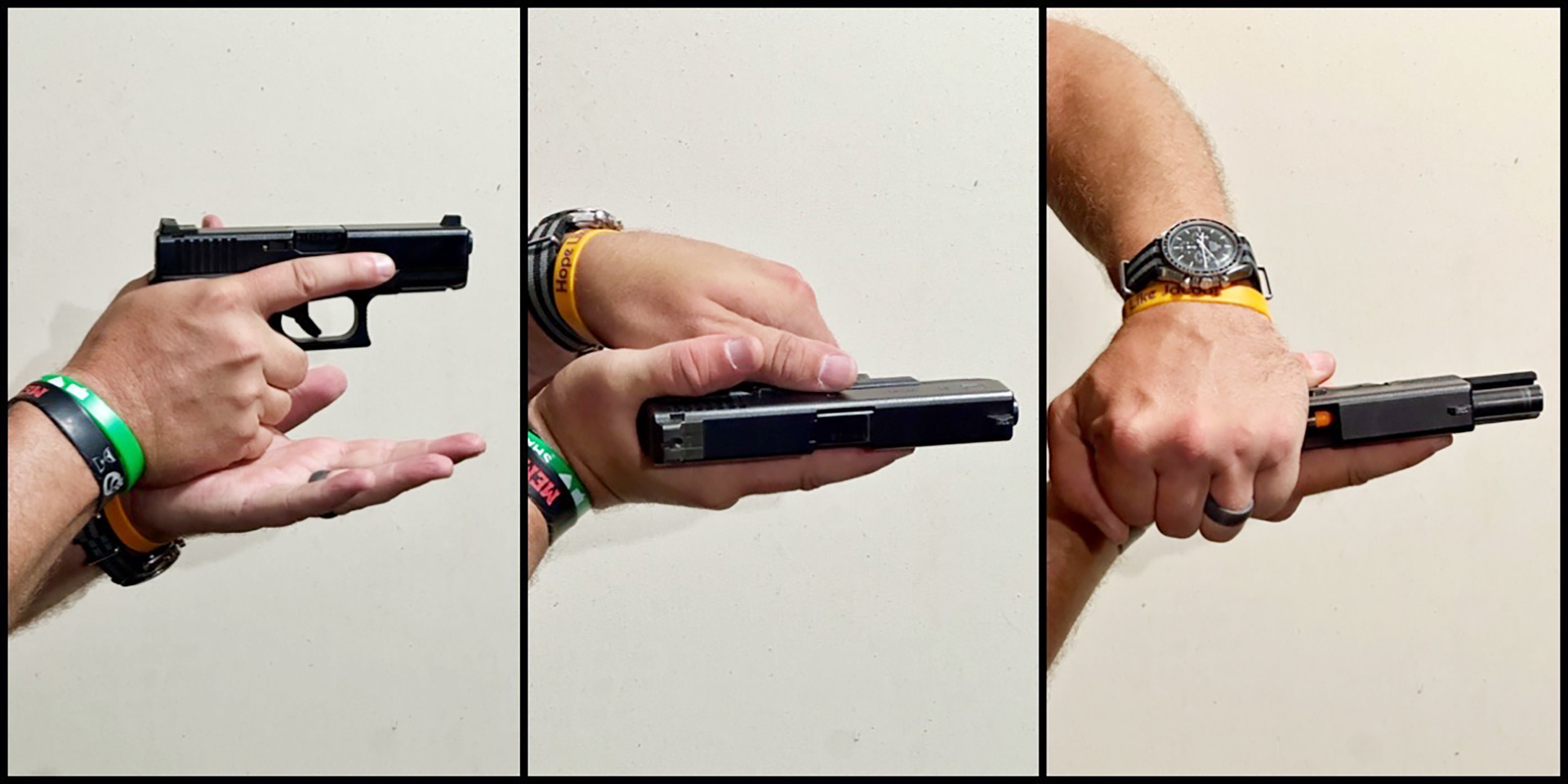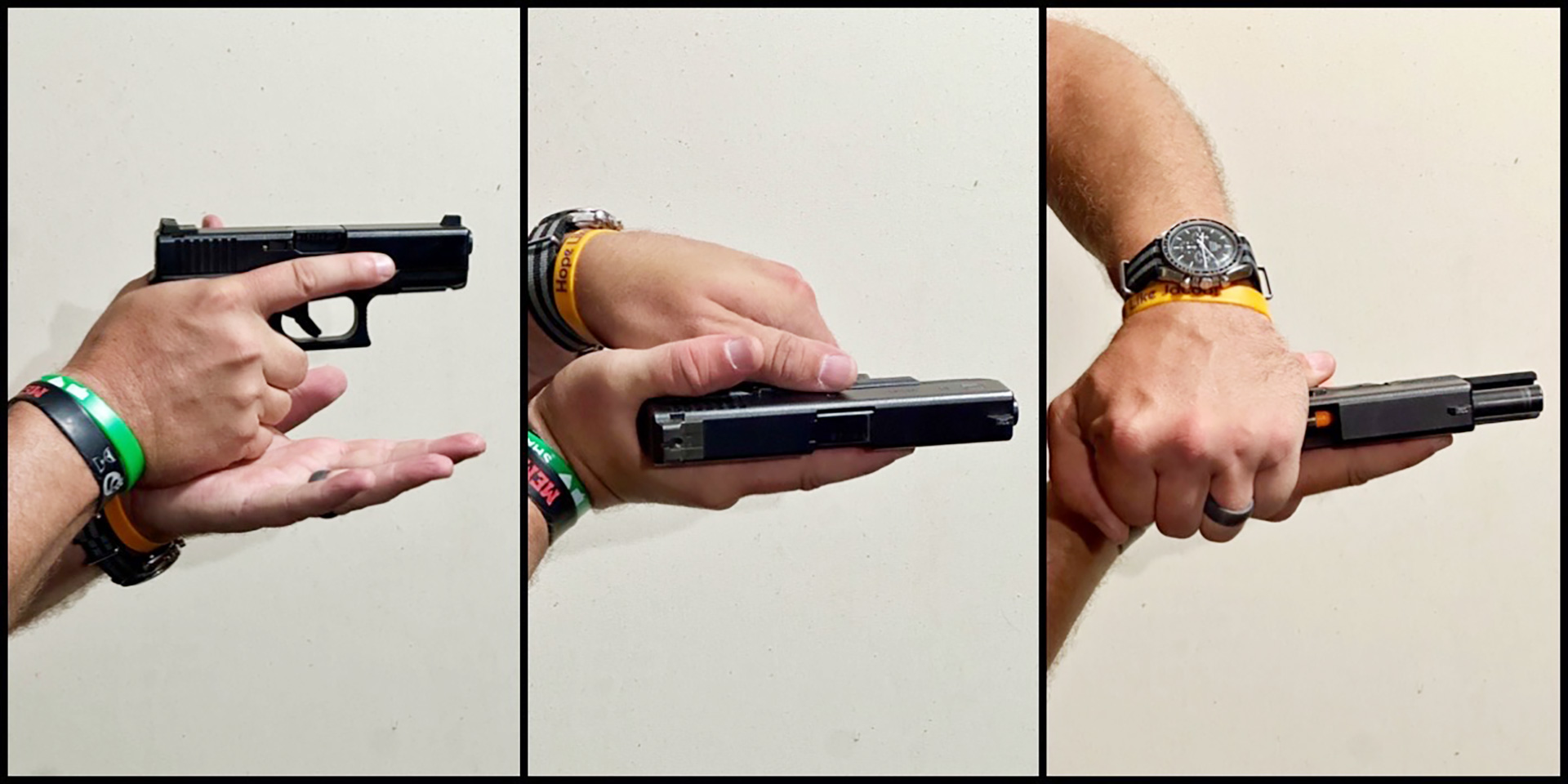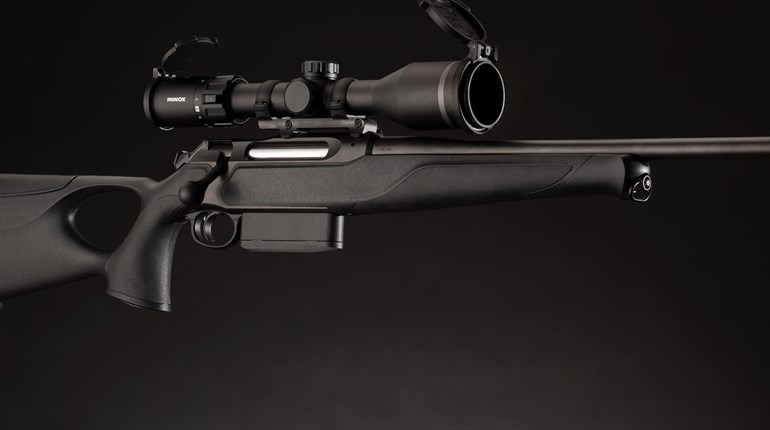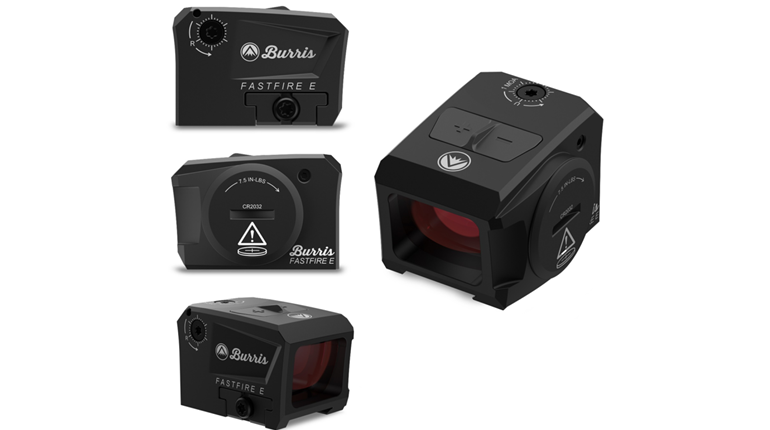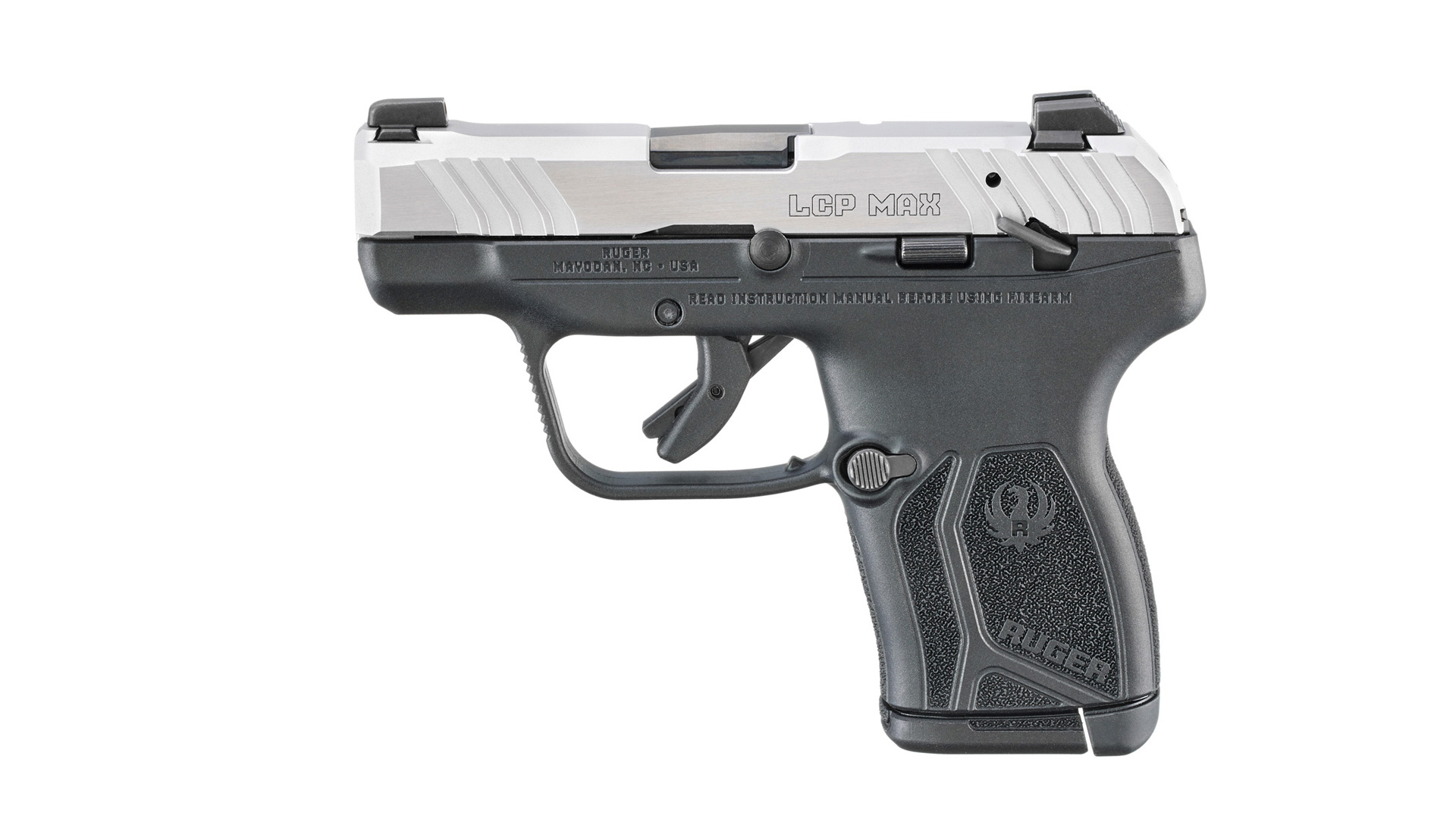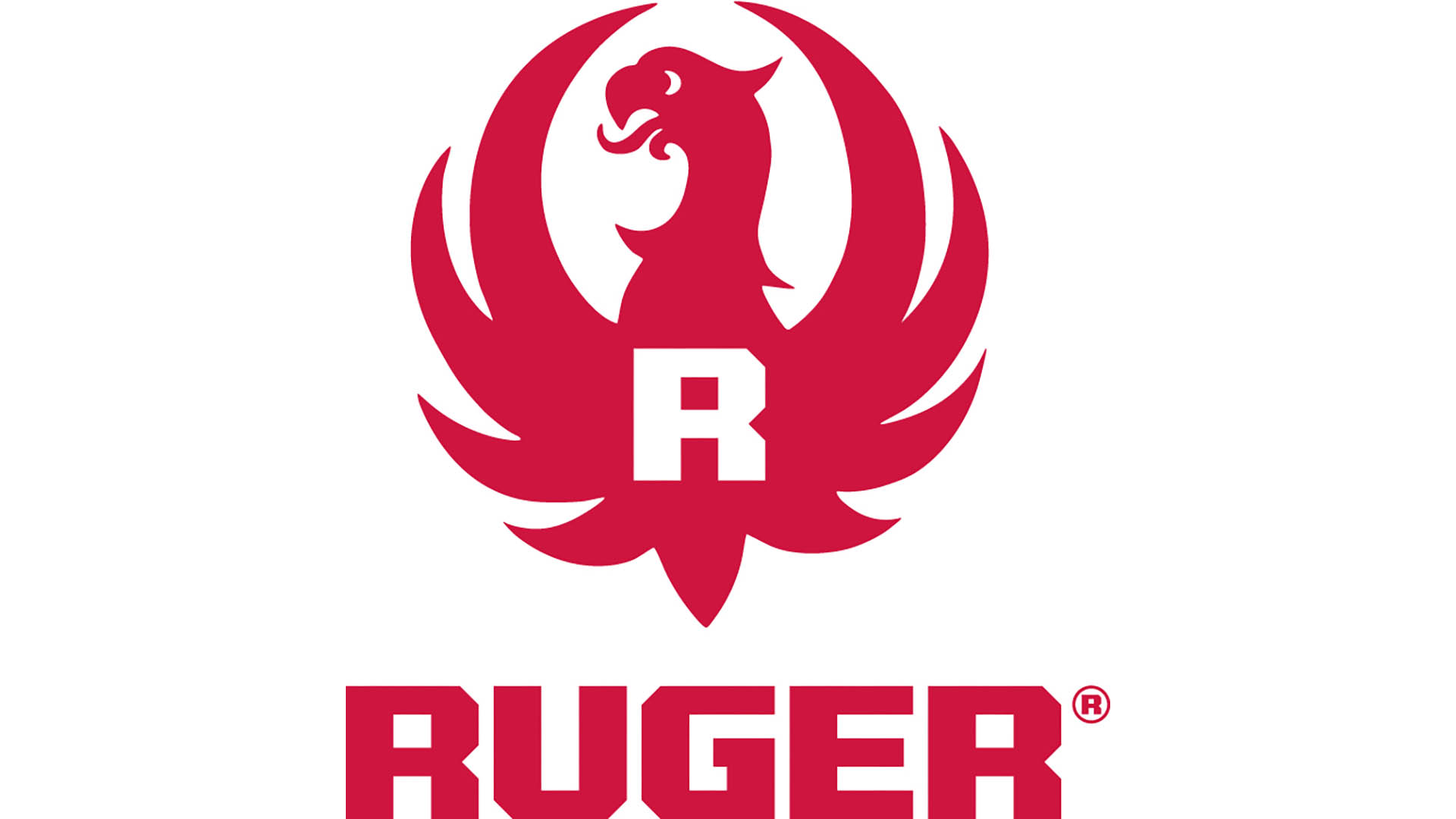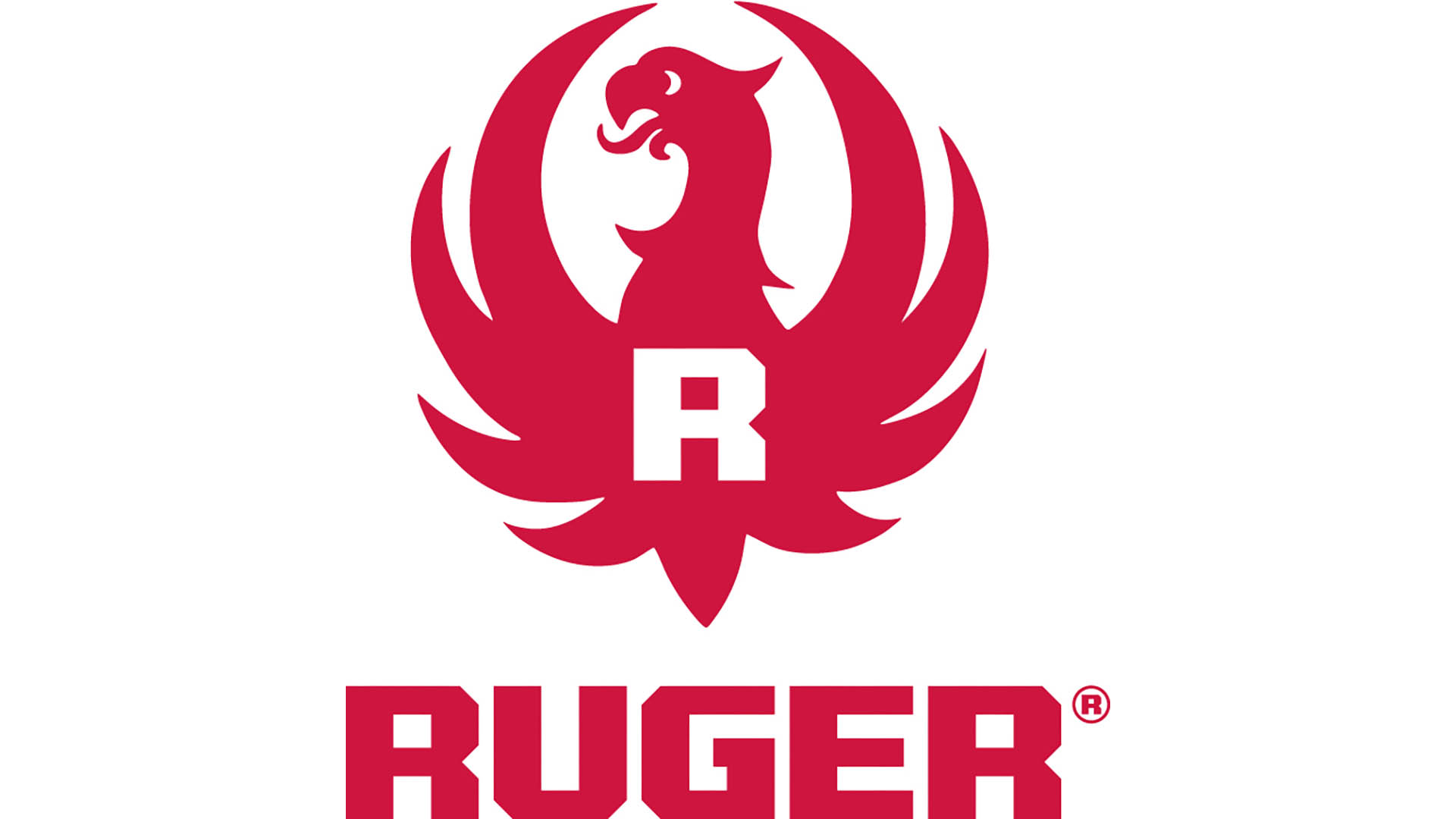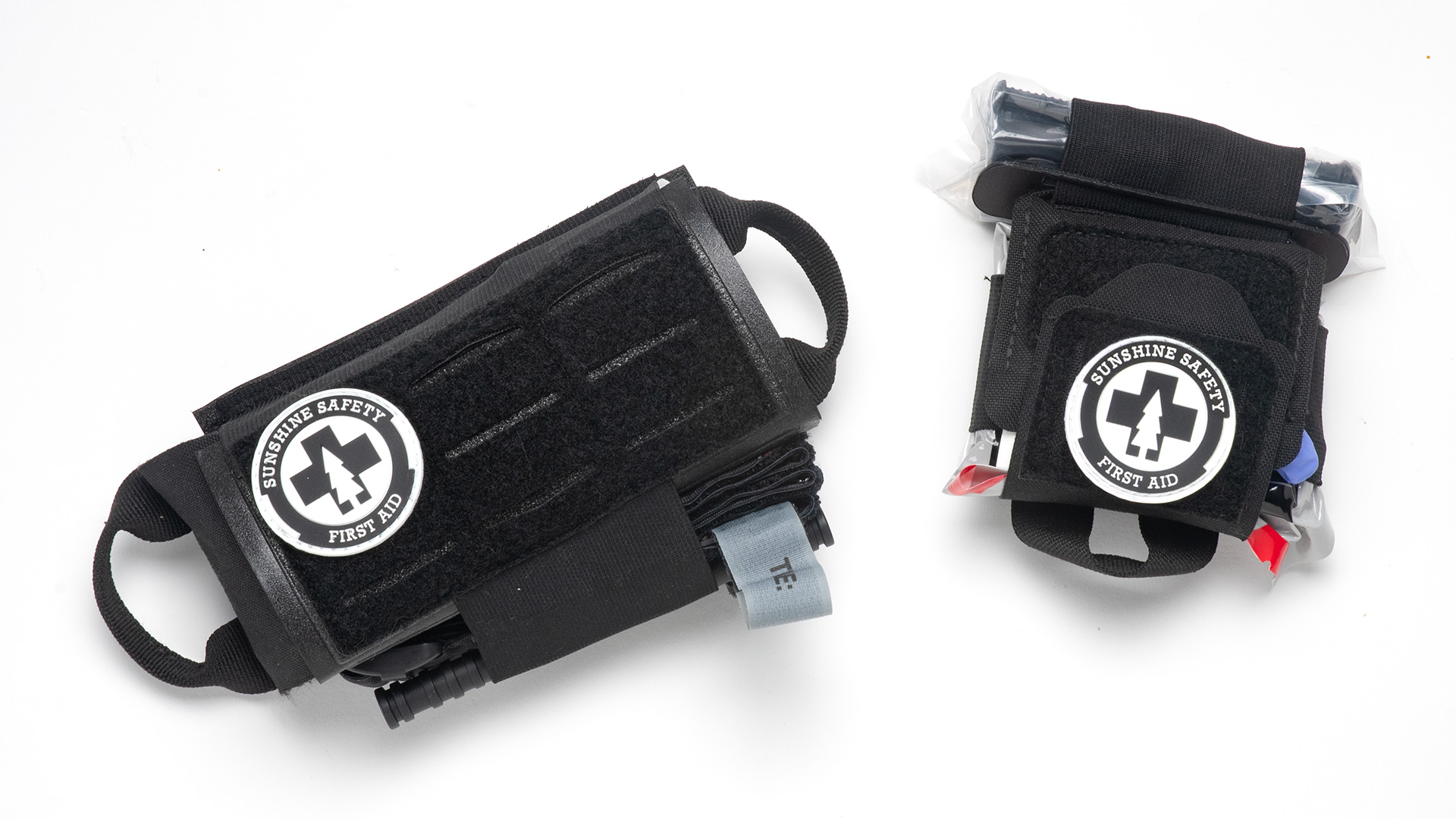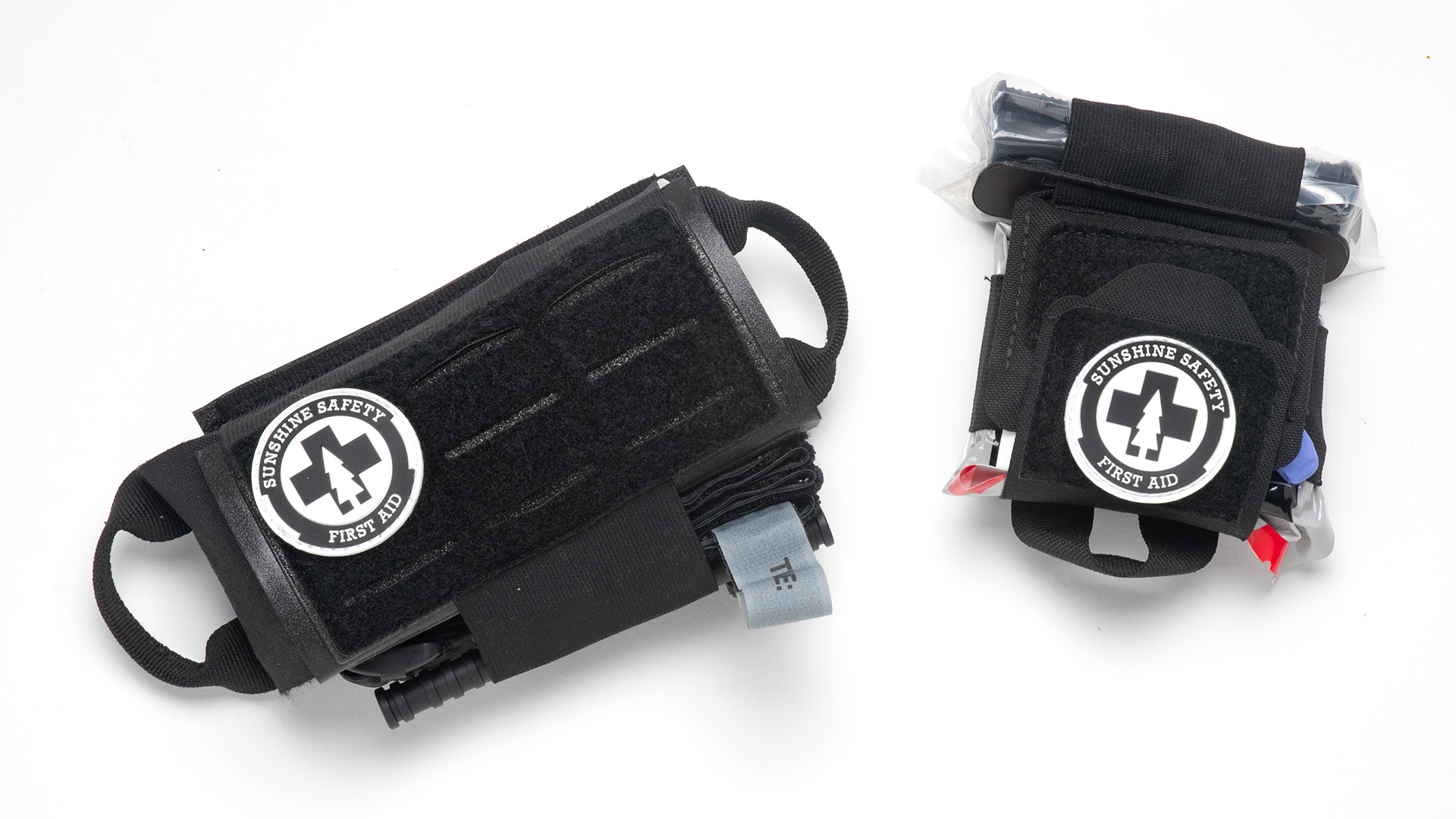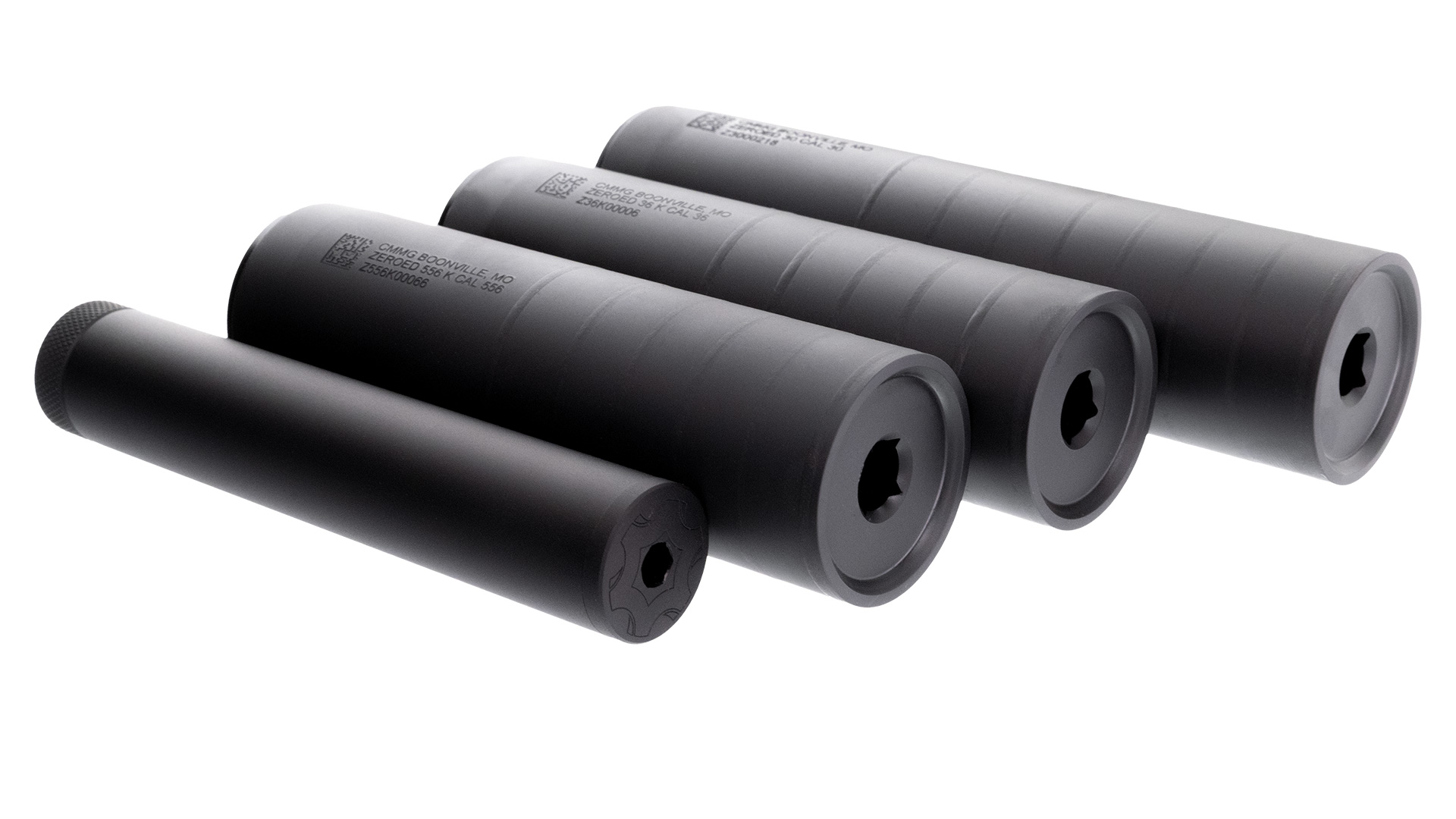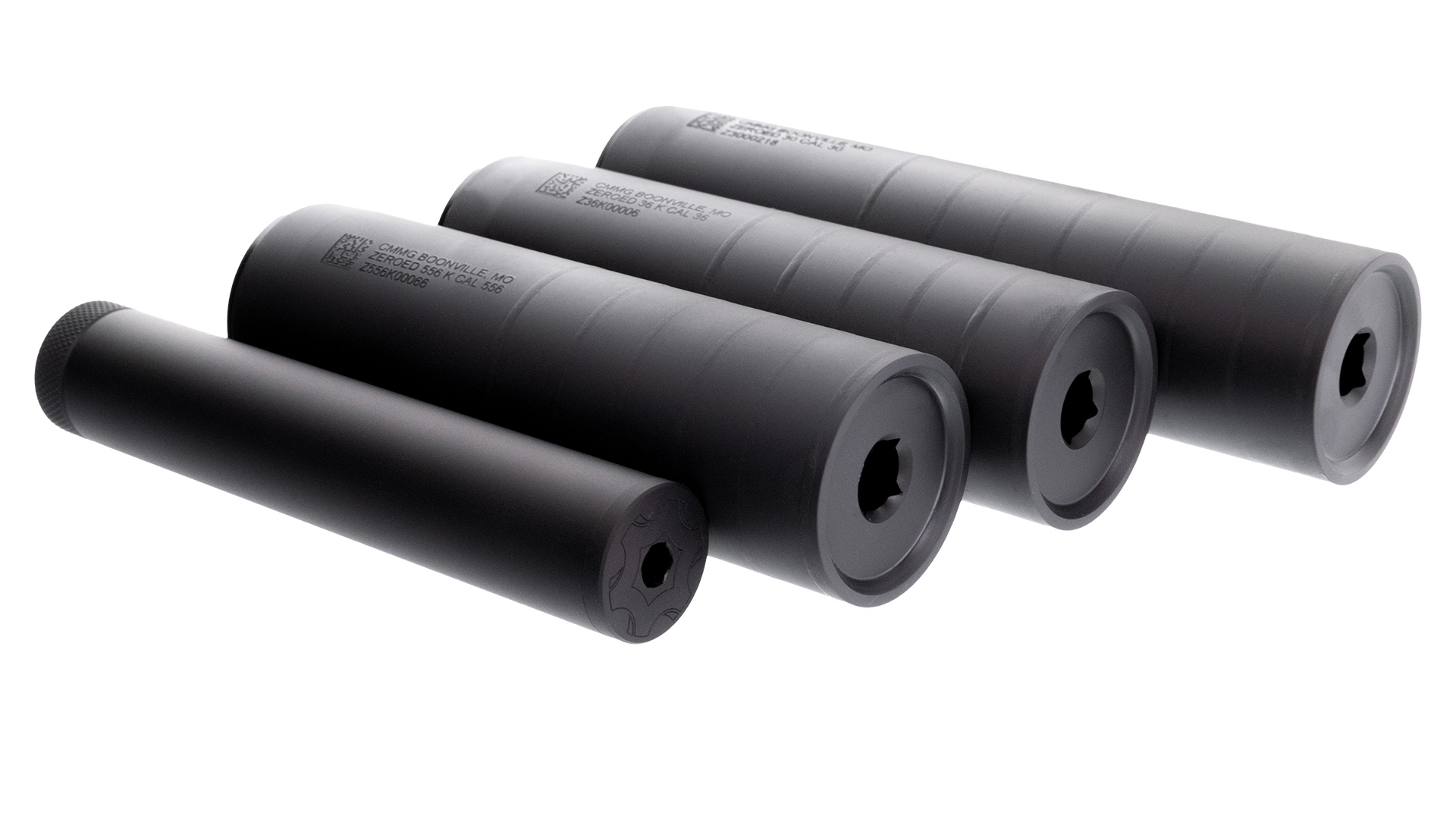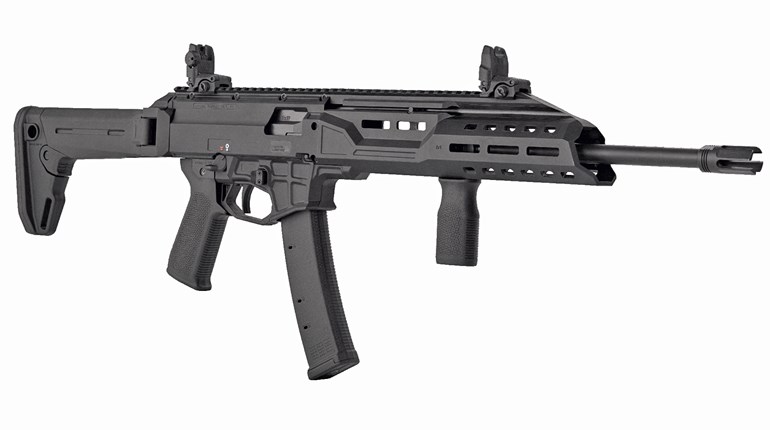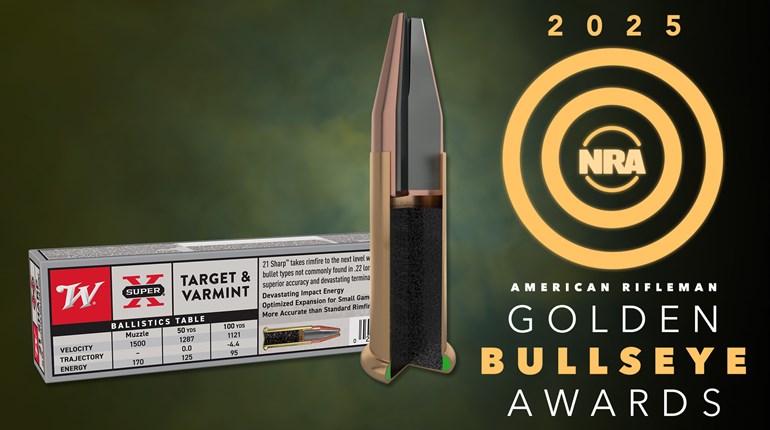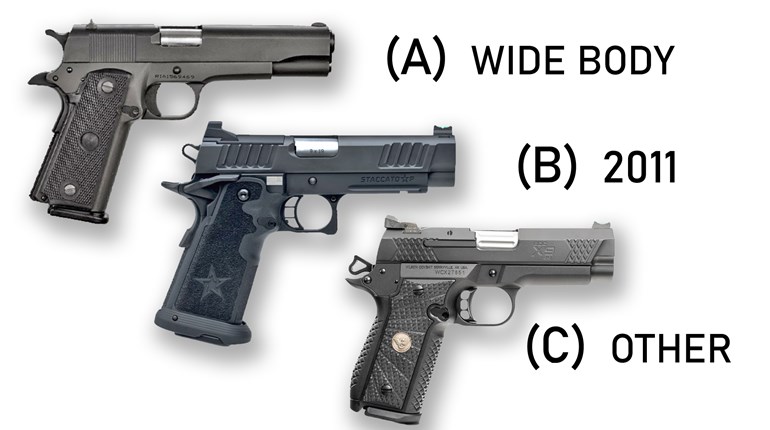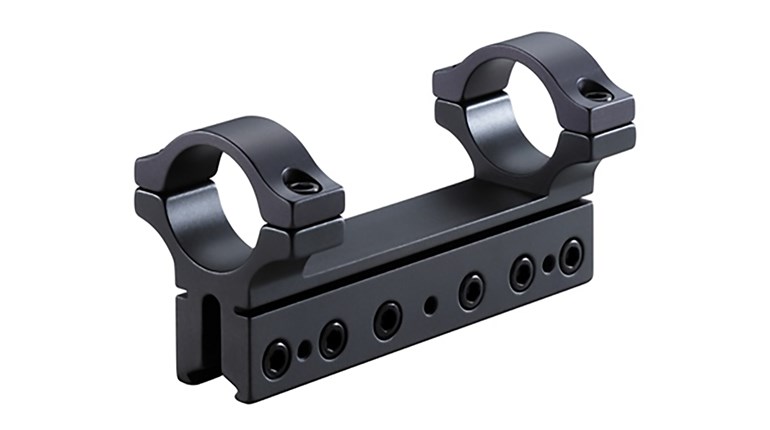
There are a several reasons why one might want a small red-dot sight like the Trijicon MRO on a carbine or home-defense shotgun as opposed to larger, zero-magnification optics. First, obviously, is the reduced weight atop the gun, making it easier to carry and maneuver. Second, these sights are easy to use and several have long battery lives, so they can remain on and ready to go when you need them. Third, they take up less room in your safe than traditional riflescopes and larger dot sights, allowing for easy storage and retrieval. These are not the only reasons to choose a tiny red-dot, but they’re a good start.

The Trijicon MRO (Miniature Rifle Optic) is similar to Aimpoint’s hugely successful Micro T-1 and T-2 sights, but hardly identical. The most noticeable difference is the MRO’s larger objective lens—25 mm compared to the Aimpoint optics’ 20 mm. Also, the rheostat controlling illumination and housing the battery is on top of the sight rather than on the side. More on that later. Additionally, the Trijicon MRO is 100-percent made in the U.S.
The Trijicon MRO has a forged 7075 aluminum housing—the same as Trijicon’s combat-proven ACOG sights. It boasts 70 MOA of total adjustment, and the elevation and windage adjustments can be moved using the rim of a cartridge case, rather than requiring a special tool. Its reticle is a 2-MOA dot, which provides an easy-to-acquire aiming device that doesn’t cover an excessive amount of most targets at ranges where an unmagnified optic is likely to be used. The included CR2032 battery provides five years of life at the “3” brightness setting.

As mentioned, the battery is housed inside the rheostat atop the Trijicon MRO. This has several advantages. It allows the shooter to more easily maintain a firing grip on the carbine when adjusting illumination, since the support hand (regardless of which hand is dominant) can reach above the sight to turn it to the desired setting. At the same time, it also allows the shooter to check the setting by simply looking up without breaking his or her cheek weld, since one need only move the eyes—not the whole head—to see the illumination setting.
Brightness options include two night-vision and six brightness settings, with the “off” position located in the middle rather than at the minimum end. Here is another excellent innovation on a tiny red-dot, since the user need not cycle through virtually invisible, dim levels before finding the dot—it’s going to be there immediately when the scope is turned on. Of course, with the MRO’s long battery life, most of us will leave it on the third visible setting, so no adjustment is required should we need to put the carbine into action.
The Trijicon MRO is available with three mounting options: no base, a mid-height base and a base that co-witnesses with standard-height AR-15 iron sights, and the bases will be available as aftermarket accessories. Given the MRO’s quality and competitive price ($579 without a mount and $629 with either base), I would not be surprised if, in the not too distant future, accessory makers build a variety of aftermarket bases to match sights on other firearms or offer other advantages.
 I beat-up the Trijicon MRO sent for testing fairly harshly. I spiked it like a football on a concrete floor several times, dumped it into cold water, dunked it in hot water and throughout all the abuse, its red-dot continued to shine brightly while the glass and the housing remained unharmed. There were no cracks in the glass, no dents in the aluminum and no internal fogging. The MRO may not have created a new category, but given its performance in testing and its manufacturer’s reputation for quality optics, it's not surprising that the MRO at the top of the list for those needing high-performance red-dot sights.
I beat-up the Trijicon MRO sent for testing fairly harshly. I spiked it like a football on a concrete floor several times, dumped it into cold water, dunked it in hot water and throughout all the abuse, its red-dot continued to shine brightly while the glass and the housing remained unharmed. There were no cracks in the glass, no dents in the aluminum and no internal fogging. The MRO may not have created a new category, but given its performance in testing and its manufacturer’s reputation for quality optics, it's not surprising that the MRO at the top of the list for those needing high-performance red-dot sights.
